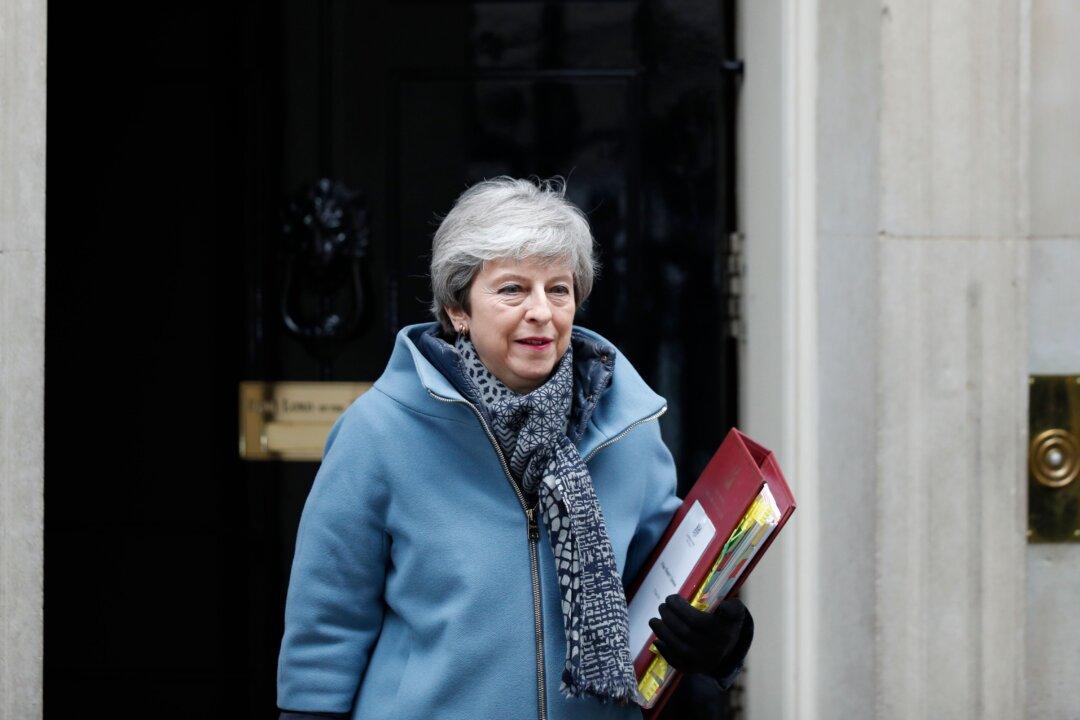LONDON—New evidence has emerged linking two suspected murders in the UK to Russia, according to detectives who led the investigation into the poisoning of Sergei Skripal in Salisbury.
Revelations in The Sunday Times said that London’s Metropolitan Police are intending to appeal for new witnesses to deaths that have previously been dismissed.




